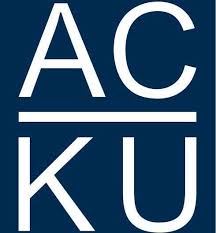When should we talk to terrorists? / Audrey Kurth Cronin.
Material type: TextSeries: ; (United States Institute of Peace. Special report ; 240)Publication details: Washington, DC : U.S. Institute of Peace, 2010.Description: 15 p. ; 30 cmSubject(s): DDC classification:
TextSeries: ; (United States Institute of Peace. Special report ; 240)Publication details: Washington, DC : U.S. Institute of Peace, 2010.Description: 15 p. ; 30 cmSubject(s): DDC classification: - Pamphlet HV 6432.5 .Q2 .C76 /2010/ + /PDF/(442KB)
| Item type | Current library | Call number | Status | Date due | Barcode | Item holds | |
|---|---|---|---|---|---|---|---|
 Books
Books
|
Afghanistan Centre at Kabul University | Pamphlet HV 6432.5 .Q2 .C76 /2010/ + /PDF/(442KB) (Browse shelf(Opens below)) | Available | 21547 |
Caption title.
“May 2010”.
“United States Institute of Peace. Special Report”—at head of title.
Contents: Overview of findings about negotiations—Promising and unpromising conditions : lessons for policymakers—Relevance to “al-Qaeda” and “the Taliban”—conclusion.
Summary: “The longer a terrorist group has been in existence, the more likely it is to engage in negotiations. Even so, only about 18 percent of terrorist groups engage in talks on strategic issues at all…”—cover page.
“This report explains the conditions under which governments might promisingly negotiate with terrorist groups so as to end their violence. It is drawn from a larger United States Institute of Peace-supported multiyear research project on how terrorist campaigns meet their demise. Based on qualitative and quantitative research that explores the lessons of negotiations with terrorist groups and analyzes other potential pathways for a group's decline, including decapitation, repression, reorientation, and implosion, the conclusions herein offer general guidance to policymakers who must decide whether to enter talks with a given terrorist group. The report applies those lessons specifically to the current debate over negotiating with al-Qaeda and the Taliban—(p. [1]).
